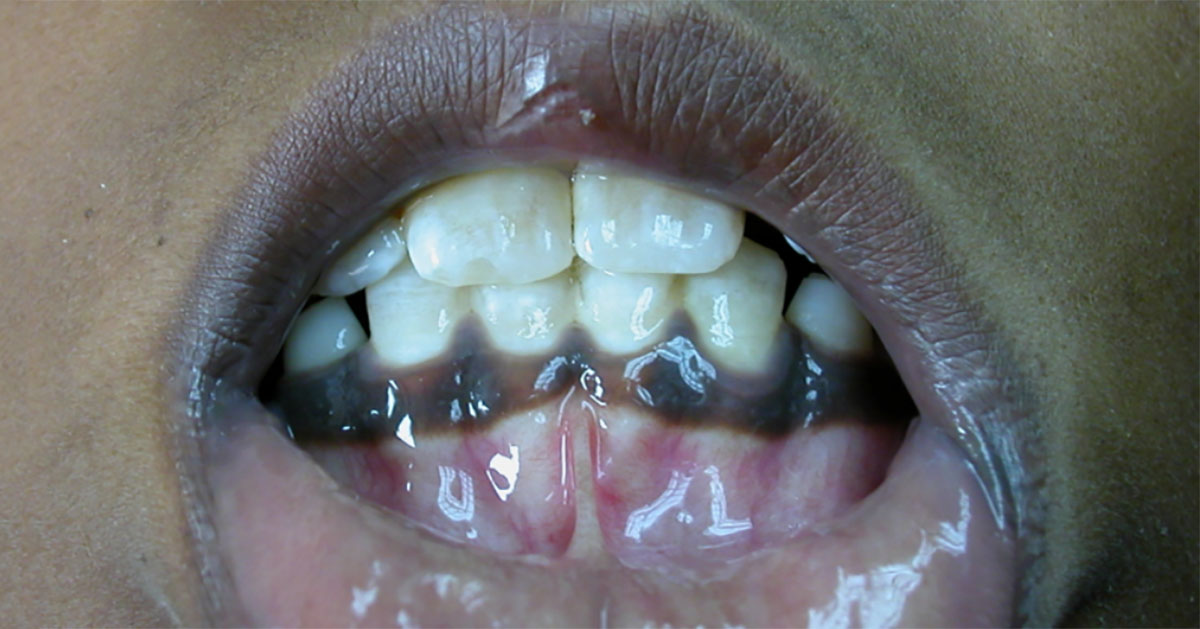The Basics Of Addison's Disease
Named after Thomas Addison, a graduate of the University of Edinburgh Medical School, who first discovered and described the illness in 1855, Addison’s disease is a rare illness that affects one out of every 100,000 individuals. The disease can affect both men and women of any age, but it is predominantly diagnosed in middle-aged women, and former president John F. Kennedy was known to suffer from the condition as well. Learn more now about this autoimmune condition, its causes, signs and symptoms, and treatment options available for patients afflicted by it.
What Is Addison’s Disease?

Addison’s disease, alternatively known as primary adrenal insufficiency and hypercortisolism, is a rare, long-term endocrine disorder that is the result of the adrenal glands not producing enough steroid hormones, specifically cortisol and aldosterone, throughout the body. The adrenal gland is located above each of the kidneys, and these glands produce essential hormones for a healthy life, and Addison’s disease develops when these glands do not produce enough of these hormones. Specifically, cortisol, the hormone essential for helping the body cope with stress and regulates the body’s use of protein, carbohydrates, fat, maintains blood pressure and cardiovascular function, as well as controls inflammation. The hormone aldosterone also helps the kidneys to regulate the vast amount of salt and water within the body, as well as regulate blood volume and blood pressure. When aldosterone levels suddenly decrease, the kidneys cannot keep the body’s salt and water content balanced, resulting in a sharp drop in blood pressure.
Want to learn more about this rare disorder? Continue reading to discover what specifically causes Addison’s disease.
What Causes This Rare Disease?

As previously mentioned, Addison’s disease is the result of the adrenal glands not producing enough of the steroid hormone cortisol and aldosterone. This lack of production by the adrenal glands is due to damage done by the body’s immune system for individuals in the developed world and is caused by tuberculosis in developing nations. Other causes include certain medications, sepsis, and bleeding into both adrenal glands. The majority of the patients dealing with this rare condition is due to an autoimmune disease, which accounts for seventy percent of all cases, and occurs when the body’s immune system attacks the adrenal glands by mistake, destroying the outer layer of the glands.
Long-lasting infections, such as tuberculosis, HIV, and fungal infections can also harm the adrenal glands, and in some instances, cancer cells that spread from other parts of the body to the adrenal glands can also cause Addison’s disease. In rare cases, Addison’s disease can be caused by secondary adrenal insufficiency, which is an issue with the pituitary gland or the hypothalamus not producing enough hormones, both located in the center of the brain.
Keep reading to find out the signs and symptoms patients should be aware of.
Signs & Symptoms Of Addison’s Disease

Signs and symptoms of Addison’s disease progress quite slowly and include chronic fatigue, abdominal pain, weakness, loss of appetite and weight loss, low blood pressure (hypertension), dizziness, blood sugar abnormalities (hypoglycemia), nausea, vomiting, diarrhea, moodiness and depression, and constant cravings for salty foods. Darkening, blotchy, and freckling of the skin is a common sign, as it occurs most noticeably on the forehead, knees, elbows, around scars, skin folds, creases, such as on the palms, and even on the gums. An Addisonian crisis can occur as well, which is when a physically stressful event happens, such as another illness, surgery, or accident and worsens symptoms already present. One in four patients with Addison’s disease experience this, and this is usually the first time they realize they are ill. Symptoms of an adrenal crisis include vomiting, low blood pressure, lower back pain, loss of consciousness, fever, weakness, and fatigue, and multiple organ failure, including kidney, if there is a decrease in blood flow.
Next, learn how Addison’s disease is diagnosed and treated.
Reaching A Diagnosis

Considering the symptoms of Addison’s are vague, non-specific, and can indicate numerous other conditions, Addison’s disease can be difficult to diagnose. The simplest ways to diagnose it is through blood tests, urine tests, and medical imaging. Often, it is first detected through routine blood tests to check for sodium, potassium, and white blood cell levels. A doctor will also check for hyperpigmentation, or darkening of the skin and gums, which often indicate a patient is suffering from the disease. The most definitive way to diagnose the condition is to measure hormone levels in the blood before and after giving a patient adrenocorticotropic hormone (ACTH), as it is a hormone in the brain that increases the amount of cortisol being produced by the adrenal glands. By measuring ACTH levels, it can help doctors distinguish whether the illness is caused by an issue in the adrenal gland or the brain.
Continue reading to learn how the disease is treated and managed throughout an individual’s lifetime.
Treatment Options For Patients

Treatment options for this condition often involve replacing absent hormones and taking an oral corticosteroid, such as hydrocortisone and fludrocortisone. Steroid replacement therapy is a lifelong requirement, as well as regular follow-up treatment and monitoring of other health issues that may arise. It should be noted an injection of corticosteroid is recommended if symptoms worsen, and the patient should carry a dose with them. Some patients may also benefit from a high-salt diet. Intravenous (IV) fluids with sugar dextrose is another treatment option and are often required to help the body balance its salt and water levels. Patients with Addison’s are also advised to seek immediate medical attention if they experience severe infections, vomiting or diarrhea, as these symptoms can precipitate an Addisonian crisis, as well as increase their medications during periods of illness, surgery, and dental treatments. Without treatment, an adrenal crisis can result in death.
Although it is an incurable, lifelong condition, individuals afflicted with Addison's disease can enjoy a healthy and thriving live, as long as they maintain the disease with proper treatment.